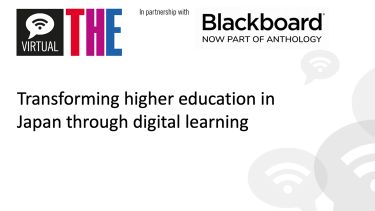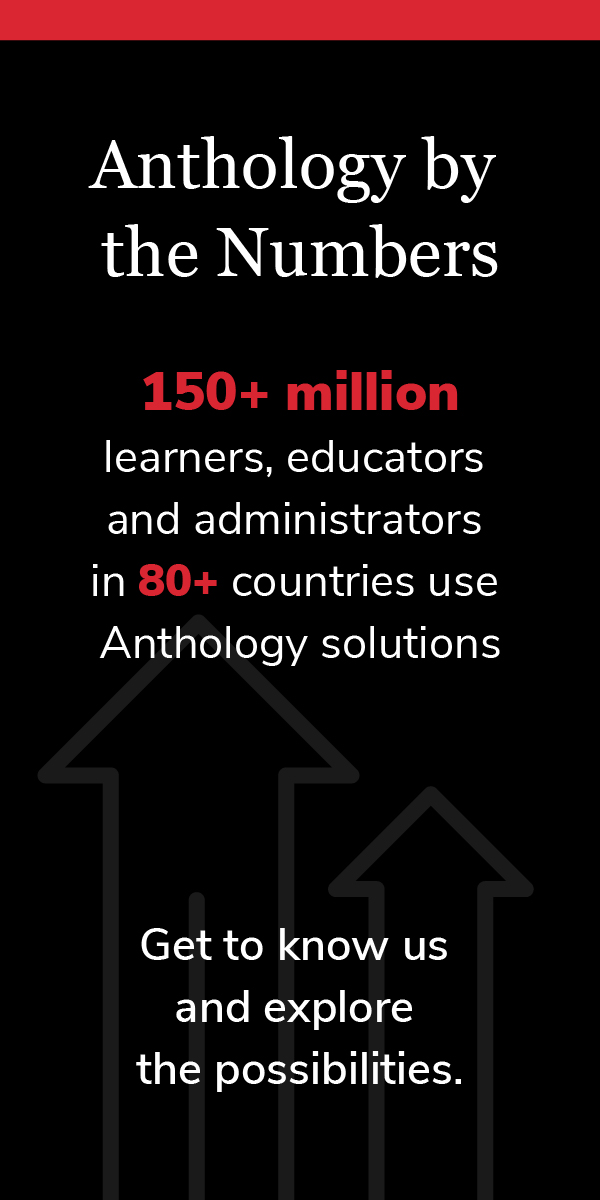Reassessment of efficient online practices will ease the burden on staff as institutions continue their digital transformations
This year’s rapid transition to digitalisation has come as a challenge for both university staff and students. In planning for 2021, higher education leaders must ensure that sufficient support is in place for all members of their community.
Taking part in a virtual session for THE Live UK, Mike Highfield, principal education consultant for edtech provider Blackboard, asked representatives from two UK universities to reflect on what had and had not worked well in their own institutions’ approach to digital learning.
Kay Yeoman, academic director of learning and teaching enhancement at the University of East Anglia (UEA), said that while student feedback on online offerings had been good, it was clear that both staff and students were suffering from “online fatigue”.
Digitalisation was praised for making many aspects of learning more efficient, but many university staff found themselves busier than ever, added Gunter Saunders, associate director of digital engagement and library services at the University of Westminster.
“A lot of that is to do with the lack of time staff have had to think about redesigning modules for online delivery,” Saunders said. Lecturers tended to try to replicate the live interaction and one-on-one time that they might have had in the physical classroom, which was less practical in an online setting, he explained.
A better approach going forward could be to save time by “shifting to a more asynchronous mode of delivery, using the live sessions sparingly for high-quality engagements with students”, Saunders said.
The enforced shift to remote working has presented an urgent need for digital upskilling among academic staff, Yeoman said. To address this, UEA launched a “digital champions” initiative, which identified 150 staff members who could deliver some of the new digital skills required by virtual learning platforms and other digital tools.
The digital champions were enrolled in three Blackboard courses on the fundamentals of digital design, learning and teaching, and were embedded across every faculty to share what they had learned and to support colleagues.
When asked what the future of digital learning looked like post-pandemic, panellists agreed that a more joined-up approach – for instance, shared courses between subjects – could provide new opportunities and make the transition easier for staff.
“It would be nice to think that one of the positive outcomes of [the pandemic] would be more of a spirit of collaboration at an institutional level,” said Saunders.
The entire session is available above and on the THE YouTube channel. You can also access all the THE Live UK material here.
Find out more about Blackboard.






















